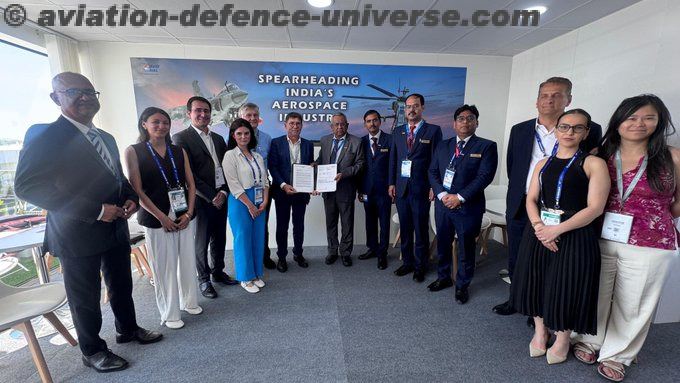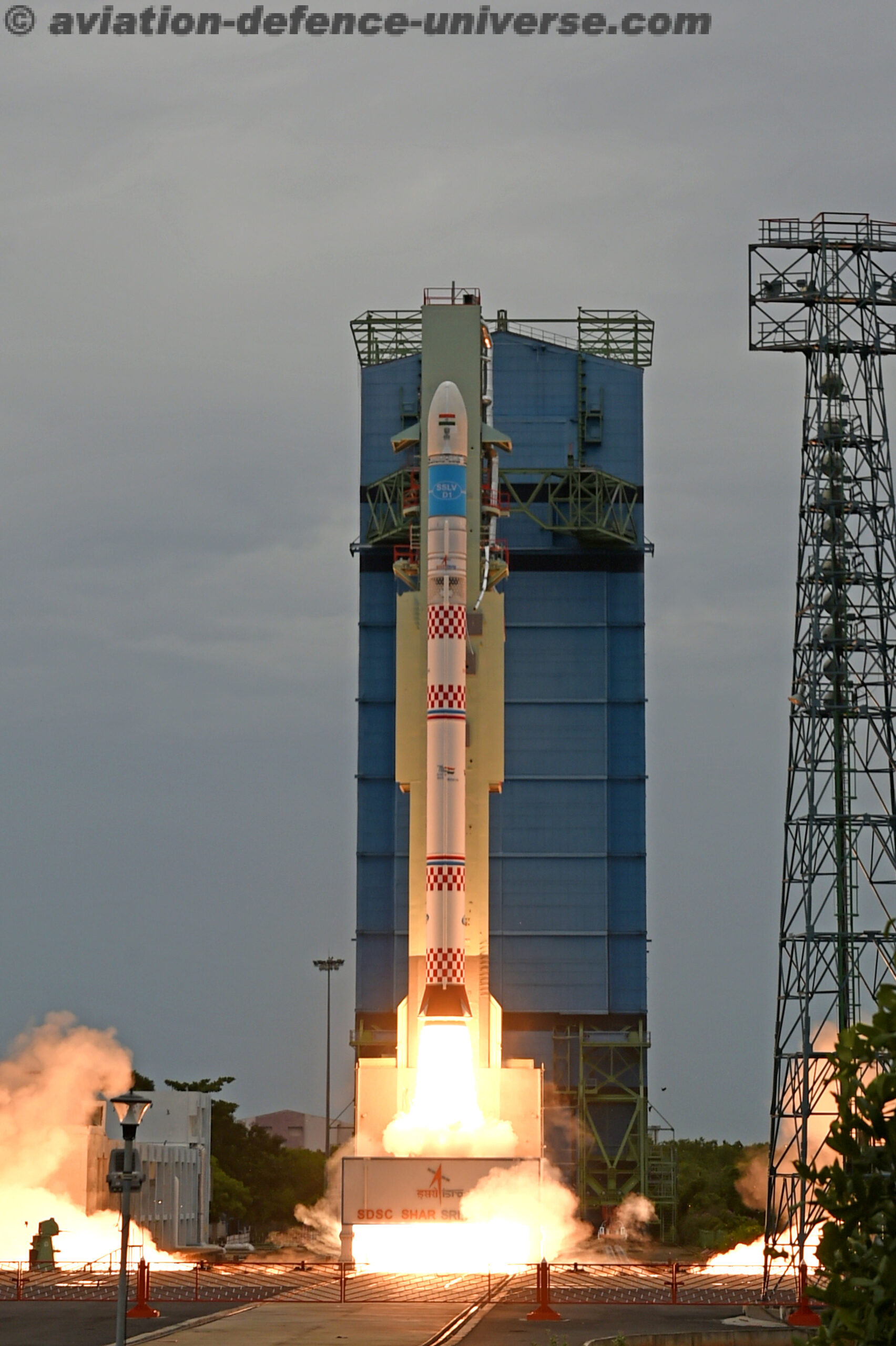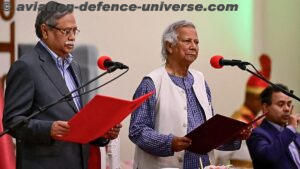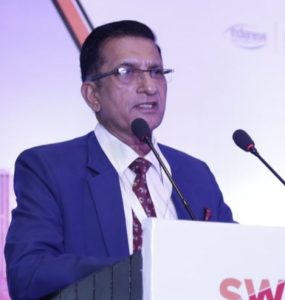
By Jai Kumar Verma
New Delhi. 09 February 2021. It has been 20 days since the world swore in a new monitor.Nations including India and Pakistan are assessing the future policies of President Joe Biden, who was sworn in as 46th President of United States . Biden is facing arduous tasks not only within country but outside too. At present US is suffering from uncontrollable coronavirus, rising unemployment, precarious economy, and civil strife. In international arena US relations with European Union are tense while Russia is also flexing muscles, but the real threat is emanating from expansionist China.
US Pakistan relations were on rollercoaster from last more than a decade and it gone considerably down during the time of President Trump, who instead of adopting a diplomatic approach was straight forward and attacked Pakistan several times. He passed laws prohibiting entry of citizens of Muslim countries in US and stopped financial assistance to Pakistan. Although Pakistan assisted Trump administration in reaching out an agreement with Taliban.
Prime Minister Imran Khan stated that Pakistan has high hopes of inculcating close relations with US under President Biden in several fields including trade, public health, climate change and in establishing peace and tranquillity in the region. Pakistan expects that Biden will renew the defence ties. Islamabad also hopes that President Biden as well as Vice President Kamala Harris would condemn India, as both of them have strong views on human right violations and in past they expressed their support to Kashmiris. Biden compared Kashmiris with the plight of Uighur Muslims of China and Rohingya Muslims of Myanmar. In a statement in June 2020 Biden asked India to reinstate the rights of Kashmiris. The statement mentioned that “In Kashmir, the Indian government should take all necessary steps to restore rights for all the people of Kashmir. Restrictions on dissent, such as preventing peaceful protests or shutting or slowing down the Internet, weaken democracy”. Vice President Harris also stated in October 2019 that ‘We have to remind Kashmiris that they are not alone in the world. We are keeping track of the situation. There is a need to intervene if the situation demands.’
The Director of an Islamabad based think tank mentioned that US Pakistan relations would depend on the results of intra-Afghan talks and the actions of Taliban about the diminution of violence and about the progress in ceasefire. Biden, who is a seasoned politician, will restore the defence ties with Pakistan. There are large number of influential US citizens of Pakistan origin and they will work hard to inculcate close relations between both the countries.
In 2008, Joe Biden and Senator Richard Lugar received ‘Hilal-e-Pakistan’ which is the second highest civilian honour. Both Biden and Lugar pushed $ 1.5 billion non-military assistance to Pakistan. The then President Asif Ali Zardari thanked both of them for supporting Pakistan.
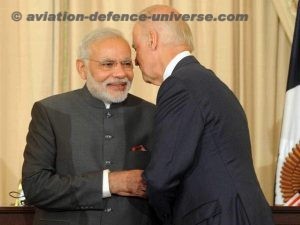
Imran Government will emphasise to have parity with India and will stress that US should implement an unbiased and justifiable policy between both the countries. Imran government will try to convince US that the policy to help India so that it contains China is erroneous, as India is a threat not only to Pakistan but to all its neighbours including China, Bangladesh & Nepal. Pakistan will be a better strategic partner of US in the region than India. Islamabad would also stress that now India has become a fundamentalist country where the rights of minorities are violated.
Pakistan also wants US assistance in coming out from the ‘grey list’ of Financial Action Task Force (FATF) so that it can get financial assistance from International Monetary Fund (IMF). It also needs US support on China Pakistan Economic Corridor (CPEC). Biden administration may restore some financial assistance to Pakistan, which was stopped by Trump administration. Pakistan’s participation in military training programmes under International Military Education and Training Program (IMET) would also be restored as US develops close relations with young military officers which will be beneficial for the country in the long run.
Islamabad is aware that at present Biden administration is deeply involved in internal problems hence it is creating trouble on Indo-Pak borders and using high calibre guns and constantly alleging that India is assisting secessionist elements in Pakistan especially Baloch rebels. Islamabad is also threatening that both countries are nuclear powers hence the war may be dangerous not only for the region but also for the entire world.
Nonetheless Pakistan should not forget that Indo-US relations are profound and comprehensive. In October 2020 both countries signed Basic Exchange and Cooperation Agreement (BECA) and before that the Logistics Exchange Memorandum of Agreement (LEMOA) and the Communications Compatibility and Security Agreement (COMCASA) were also signed. Hence both countries have signed all three foundational pacts for close military cooperation. In 2008 Biden supported India-US civil nuclear deal and in 2006 mentioned in an interview that ‘My dream is that in 2020, the two closest nations in the world will be India and the United States. If that occurs, the world will be safer.’ Now as President of US he can full-fill the dream as it is essential to control China which is not only threatening its neighbours but is a real danger to the world peace. India -US defence and anti- terrorism cooperation will further be strengthened in view of mounting threat from expansionist China, which is showing its economic as well as military power. Hence the relations between US and India will grow regardless of which party is in power.
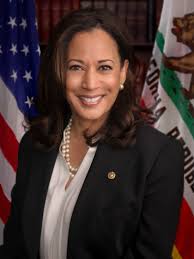
In the election campaign Biden mentioned in a policy paper that US will support India to become a permanent member of UN Security Council and bilateral trade between both the countries would also enhance. Pakistan should acknowledge the reality that now it cannot compete India and there are not much common interest between Pakistan and US. Washington has interest in the safety of nuclear warheads Islamabad possess and also discourages Pakistan so that it does not render assistance to terrorist outfits. However, Afghanistan is the only leverage Pakistan has on US.
Imran Khan criticised Pakistan government when it bestowed ‘Hilal-e-Pakistan’ to Biden. Not only this it will not be easy for Imran government to criticise India for human right violation in Kashmir when the Pakistani forces are involved in daylight killings in Balochistan, rape, abduction and forced conversion of minor girls of minority community in whole of Pakistan, bomb blasts in Shia and Ahmadi mosques, killings and suppression of journalists, bloggers, and human right activists.
US is aware that Inter Services Intelligence (ISI) is involved in destabilising the elected government of Afghanistan as Islamabad wants to have a puppet regime in Afghanistan and wants favour from US in lieu of support in negotiations with Taliban. The implementation of Doha accord is extremely slow as Pakistan and Taliban are waiting for the reaction of Biden administration while Afghan President Ashraf Ghani has requested US that it should not withdraw the troops in hurry as Taliban has failed to fulfil their commitments under February 2020 agreement.
Biden being a seasoned politician will employ Pakistan as well as regional specialists and they will point out Pakistan’s duplicity in Afghanistan as well as in curbing terrorism. In nutshell Biden may extend some favours to Pakistan for its assistance in Afghanistan and keep it out from the clutches of China but Islamabad would not be successful in diluting India-US relations which are based on sound footing. The relations between India and US will be strengthened as it will be beneficial for both the countries. The Biden team has important persons of Indian origin and it may be an added advantage to India.
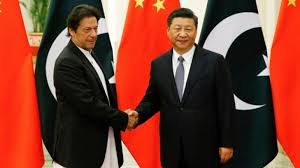
US policy makers also understand that India’s economy is 10 times bigger than Pakistan which is surviving on loan and financial assistance hence Pakistan’s capability to counter India is considerably limited. However, it will continue criticising India sometimes for its benefit and at times on behest of its all-weather friend China.
The statements of Defence Secretary General (Retd) Lloyd Austin in front of Senate Armed Services Committee during his confirmation are also encouraging for India. He stated that, “I would further operationalise India’s ‘major defence partner’ status and continue to build upon existing strong defence cooperation to ensure the US and Indian militaries can collaborate to address shared interests.” He also mentioned that the defence cooperation between India and US would strengthen through the multilateral arrangements including Quad security negotiations.
(Jai Kumar Verma is a Delhi-based strategic analyst and member of United Services Institute of India and Institute for Defence Studies and Analyses. The views in the article are solely the author’s. He can be contacted at editor.adu@gmail.com)














